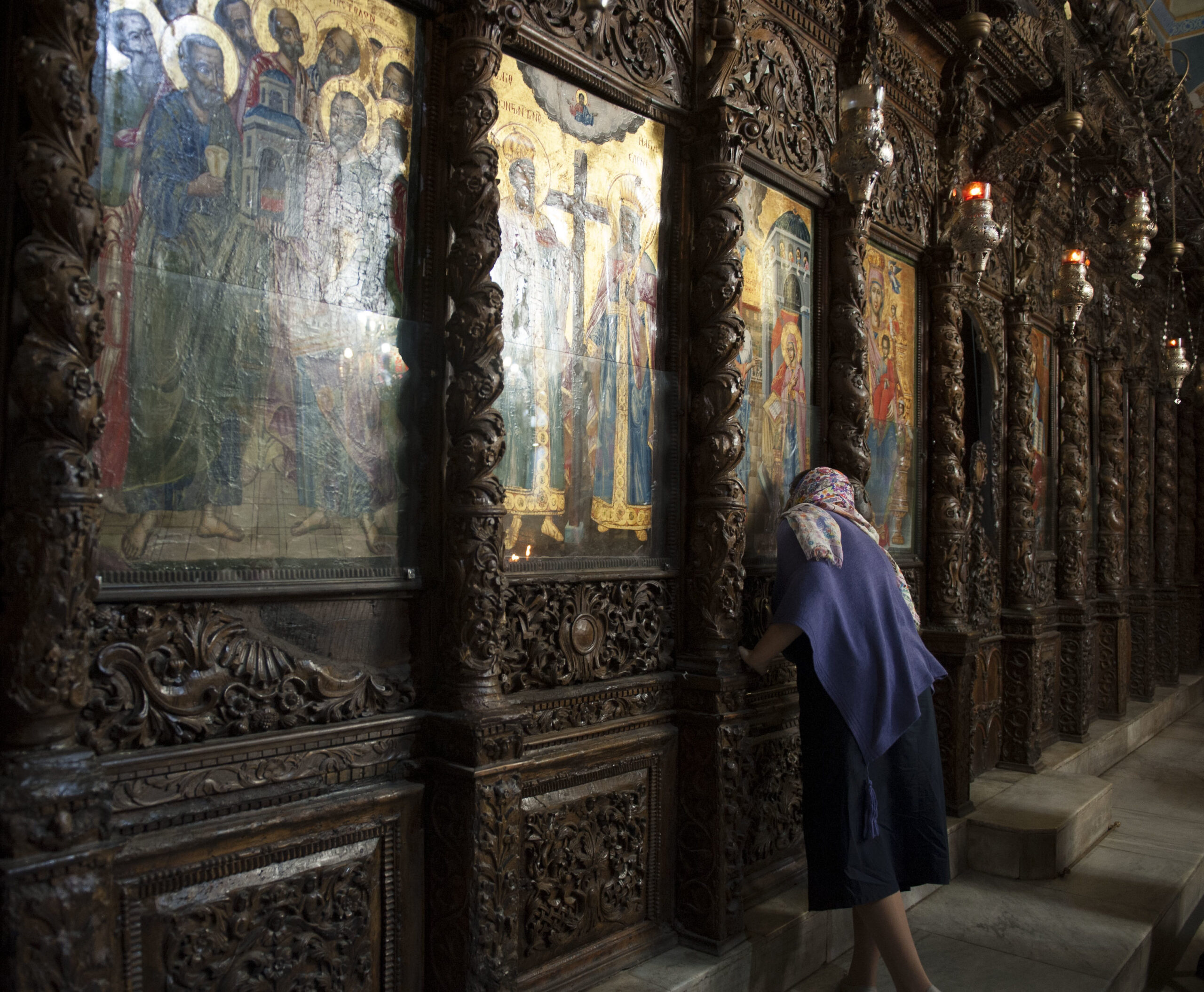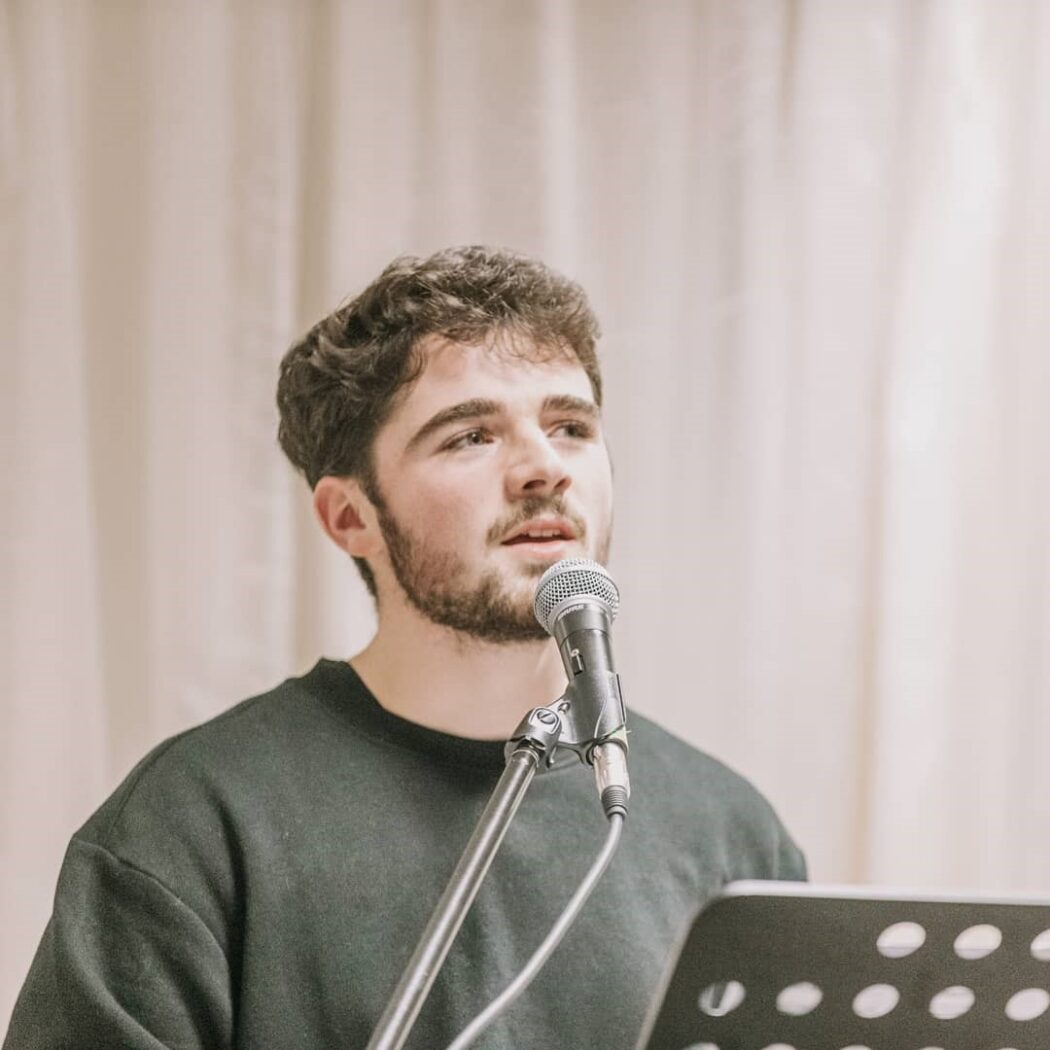
‘The sacred is the place where the transcendent meets the mundane.’
That was the response of iconographer and symbologist, Jonathan Pageau, after being asked ‘what is sacred to you?’ in the latest episode of The Sacred podcast. As a Catholic, my ears immediately perked up.
This statement simply and beautifully encapsulates key aspects of Catholic theology such as the Incarnation and the Eucharist. But it didn’t strike me because of anything theological. Rather, it rings true of my faith journey and puts to words a revelation I came to throughout successive COVID lockdowns and the closing of churches.
Living a life of faith can be a case of chasing ‘mountaintop’ experiences.
We can fall into the trap of scheduling enough conferences, festivals or [insert relevant faith event here] throughout the year to give a much needed top-up of grace. This then helps us stay afloat when we return home to the ‘real world’.
Whilst these events are helpful, they run the risk of becoming the only place we think we can find our perfect God. Or similarly, they are where we seek out an ‘exciting’ God in contrast to our boring lives.
Both of these are a form of escapism. We’re looking outside our everyday experiences because we’ve decided God isn’t there. This is where Pageau’s answer comes in.
For me, his answer points to the sacramental nature of the world and everything in it.
God as creator has left his imprint on all of creation and therefore all of creation is oriented to and reveals a part of Him. Or in simpler terms, there is something beautiful to be found in and amidst the mundanity.
Doing house chores; going to work; doing the weekly grocery shop; our simple state of being is already a manifestation of the will of God, and therefore an opportunity for encountering him.
We are quick to divide our walk with God between transcendent ‘mountaintop’ moments and the desolate ‘valleys’. But we forget that prior to his public ministry, Jesus was just known as Jesus, the carpenter’s son. As the Gospels tell us, when people heard his words, their first response was ‘This is Joseph’s son, surely?’ (Luke 4:23)
But even in that time when he was unknown by all except his parents, he remained the son of God, second person of the Trinity, the Saviour of the world. In the same way, God comes to meet his beloved children, both in exciting times and in the mundane.

Daniel Turner is the Content and Communications Officer for the think tank Theos and a producer for The Sacred Podcast. You can find him on Twitter @Dan_TG_Turner or contact him directly by emailing daniel.turner@theosthinktank.co.uk
Subscribe to our Newsletter
Sign up to receive a newsletter from Westminster Youth Ministry: